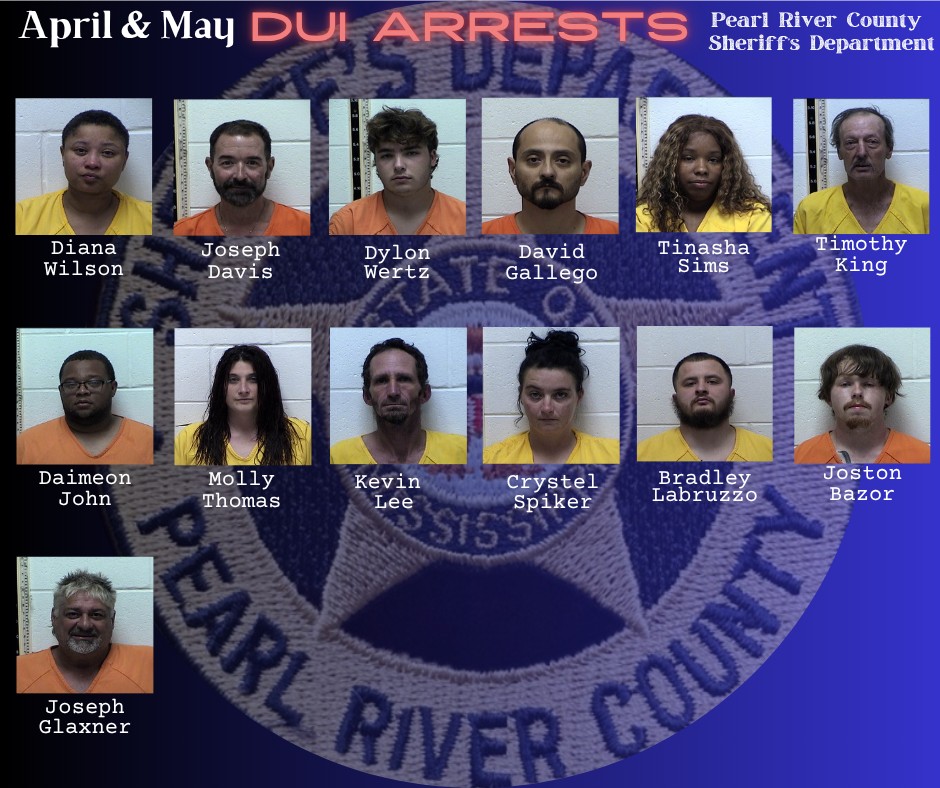Antique Shrubs making a comeback in Modern Gardens
Published 8:08 am Saturday, July 1, 2023







What went around is coming back around; multi-season old-garden plants are fashionable again.
Decades ago, I started noticing that most new Mississippi landscapes were populated by a relatively small number of easily mass-produced plant species. Think azaleas, crape myrtles, boxwoods, ligustrum, junipers, hollies, water oaks, cleyera, hybrid tea roses, nandina, and liriope.
This, I realized, was partly because as most of my generation and our children, raised on TV rather than out in the yard, were moving into rapidly built new houses in the suburbs. Contractors were under pressure to shove generic stuff up against sterile foundations, and they demanded inexpensive mature-looking plants, mostly evergreen, that look good the day they are set out. This limited the selection to mostly those that could be produced quickly and cheaply and looked good in pots.
And if a newbie gardener without depth of experience or long views wanted to add to that, garden centers – flush in the new wave of mass production made possible just in my lifetime by the introduction of plastic pots and soilless potting mixes – catered to them by ordering whatever was eye-catching and sold well during peak sales seasons, rather than bare sticks with promise. And who can blame business owners for going with predictable sales over long term garden variety?
Long story short, a lot of very dependable plants, simply because they aren’t fast to turn around by propagators or don’t look fantastic in garden centers rows during the spring planting rush, fell by the wayside, relegated to more mature gardens tended by old timers and plant garden hobbyists who appreciate variety.
This has changed a lot in the past few years, with highly promoted new plants and interesting new cultivars of old standards with different shapes, striking foliage, longer flowering, and multiple season effects. Think Knockout roses, electric blue vitex, compact loropetatums, Little Gem magnolia, burgundy-leaf crape myrtles, golden Abelia, Sunshine privet, weeping yaupon hollies, columnar fruitless sweetgum trees, dwarf groundcover nandinas, and variegated dwarf yuccas.
Not kidding, thirty years ago, other than the odd daylily, iris, lantana, canna, mint, or pampas grass, you could hardly find hardy perennials for sale in mainstream garden centers; you had to get starts from garden friends, seek out small mom-and-pop nurseries, or go mail order. Now they are all awash in dazzling arrays of coneflowers, gauras, perennial salvias, native wildflowers, miscanthus grasses, hardy hibiscus, and more.
The caveat is a lot of what is available nowadays in Mississippi garden centers comes from afar and is not really well adapted to our climate. This often confuses new gardeners who are easily frustrated and blame themselves over losing what they thought would be a slam dunk. Buyer beware: Not all popular perennials survive, much less thrive, throughout Mississippi (I’m talking about you, astilbe, ginger, tulips, and lavender!).
When it comes to how renewed interest in shrubs of yesteryear are expanding modern garden palettes, I appreciate how “old fashioned” is morphing into “newly rediscovered. They include altheas, often called rose of Sharon; Philadelphus, commonly called both English dogwood and mock orange; Weigela; Deutzia; gardenia; myriad Spiraea shrubs; summer showoff vitex; banana shrub (Magnolia fuscata); summer-flowering Abelia; Kerria, figs, flowering quince, sumac; bald cypress; fringe tree (“grancy graybeard”), and disease-free everblooming shrub roses that can survive being planted in cemeteries.And a shout-out to those folks who nurtured this flame from generations past, when people grew dependable plants they could see all around town, and bought them from local nurseries who knew their customers would be back next season.
They cherished these all-season garden gems long enough for them to be rediscovered.
Felder Rushing is a Mississippi author, columnist, and host of the “Gestalt Gardener” on MPB
Think Radio. Email gardening questions to rushingfelder@yahoo.com.












